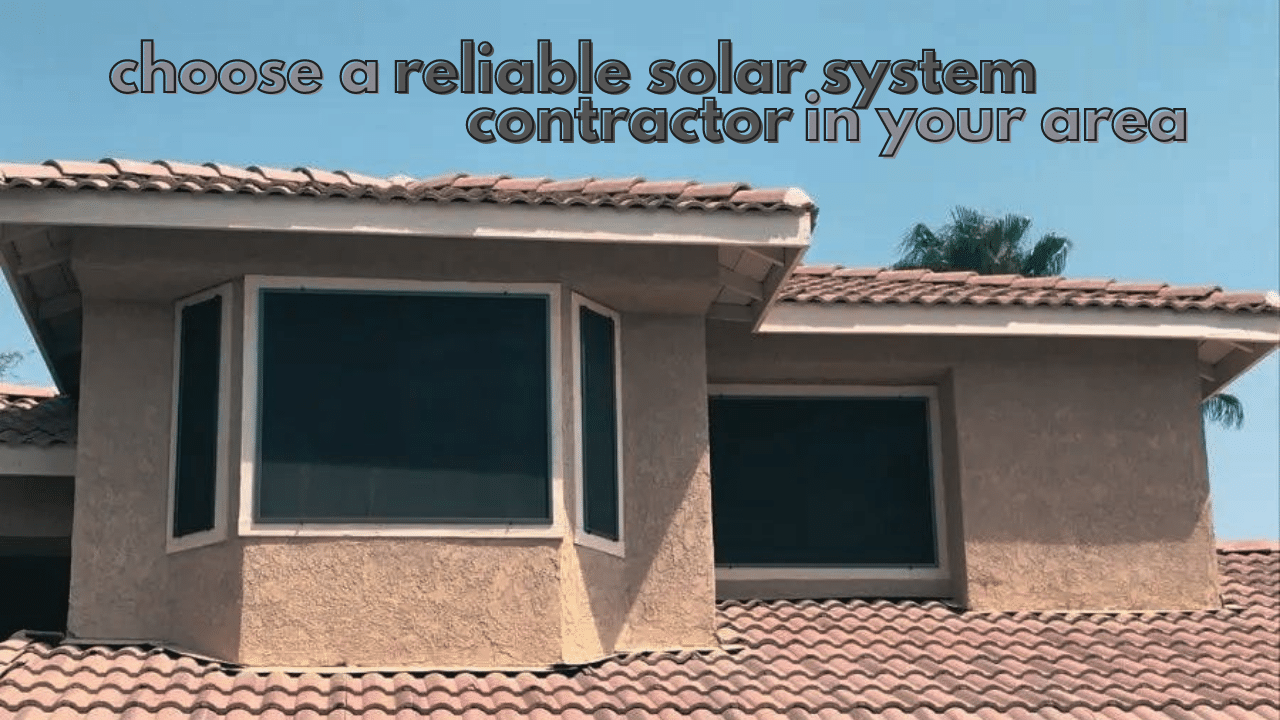If you are tired of overworking your AC unit in the summer to keep the scorching heat from blasting right through the windows, you may want to explore a solar screen solution. This helps you reduce the heat transfer through your home's windows. (Related: What are Solar Screens? Here's What You Need to Know)
Solar screens are composed of a unique window screen mesh (often a polyester weave), and it is also sometimes made with the improved durability of a PVC coating. Usually, you'll find these screens installed outside of your windows to black them out.
If you're wondering how much it will cost you to install solar screens at home, we've rounded up the latest prices to keep you up to date. Ultimately, the total costs will depend on where you live, how much your local utility company charges, and the power you need for your home needs.
How Much do Solar Screens Cost?
A solar screen can cost you as little as $35 per screen. An average-sized 80% solar screen (measuring 36" x 60") costs about $60, including high-quality solar screen fabric and a heavy-duty frame. Total costs can vary depending on several factors, such as:
In some cases, the time of the year you're purchasing solar screens may also affect the price you're paying for.
Material Type: 80% vs. 90% Sunscreen
Several different varieties of solar screen fabrics are available today, with the two most popular ones being the 80% and the 90%. Homeowners who want more light, better airflow, and visibility can benefit more from the 80%. At the same time, those who wish to have better glare reduction and energy efficiency can go with the 90% model.
Ideally, put the 90% sunscreen model in areas where you are dealing with extensive heat and glare. You can place the 80% model on the other remaining windows. Doing so allows you to control rooms where you want more natural lighting and tone down the rooms that can be rather hot.
Expert Tip: Hotter upper-level windows must use the 90% model, while tree-shaded or awning living spaces can use the 80%.
Cost Factors in Installing Solar Screens
Here are some of the most common cost factors to consider as you think about a solar screen installation project for your home.
free guide
12 MODERN CURB APPEAL IDEAS
How to Work with a Trusted Solar Screen Installer in Your Area
Once you're ready to install solar screens because of their many benefits, it's time to choose reliable solar system contractors in your area to ensure professional installation services. Before installation, you may be subjected to a thorough assessment– which is something you may want to keep in mind.
If you still do not have a reputable contractor to hire for your solar screen installation project, check with the local Better Business Bureau (BBB) to see if they're an established name in the industry. It would also be best to ask for word-of-mouth recommendations from your friends and loved ones.
Frequently Asked Questions
How much will solar screens save me on my electric bill?
No one can give you a precise and accurate figure since too many factors exist: How many windows does your house have? How is your house constructed? Is the home facing west? But, solar screens will certainly minimize summer cooling and winter heating costs. A two-story house facing east to west, for example, will receive a return on investment in two years, but a one-story home will take three.
Will solar screens block my view?
Solar screens will allow complete external visibility while reducing glare from the sun. Consider looking out the window while wearing tinted sunglasses. This is the general vision quality that our screens allow. It's similar to looking through a regular window screen but darker.
Will my solar screens pay for themselves?
Yes! Solar screens save so much money on energy that they usually pay for themselves within a few years. They also help air conditioners and furnaces last longer by lowering their workload. When appliances are only exposed to a 10-20% heat gain, they are more efficient. Reduced strain on your devices will save you money on repairs while lowering your energy use.
Do solar screens really work?
Yes, they are the most energy-efficient product for your windows on the market. They're installed on the outside of the window to create a thermal blanket that keeps the summer heat out and blocks the winter's cold.



Very informative website. I have some questions about connection details. Can you reach out to me through email? Thanks
Thanks for the feedback, but sorry I don’t do consultation.